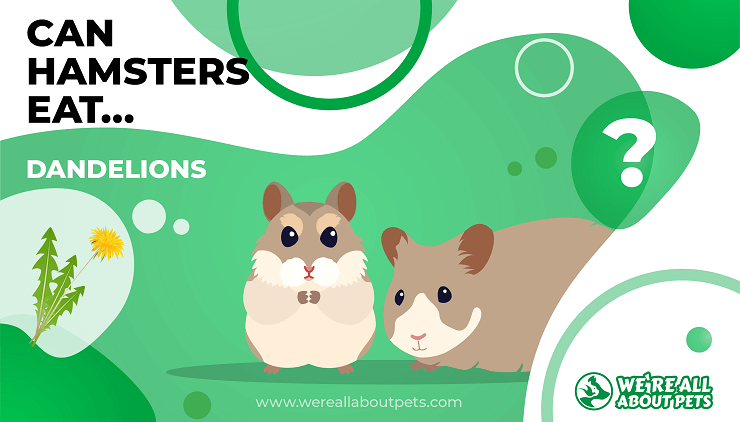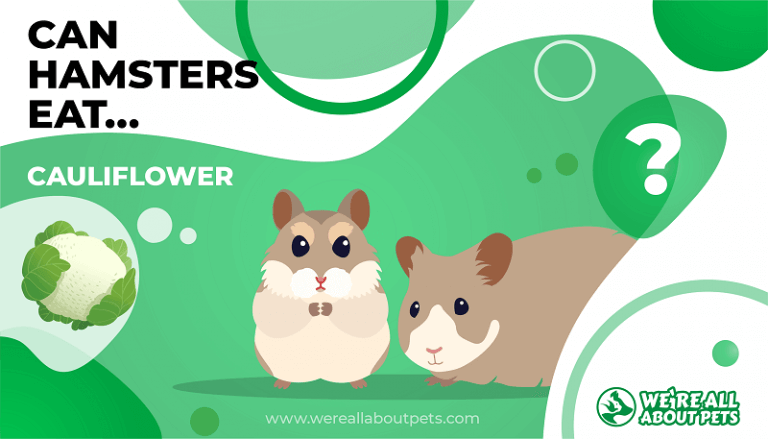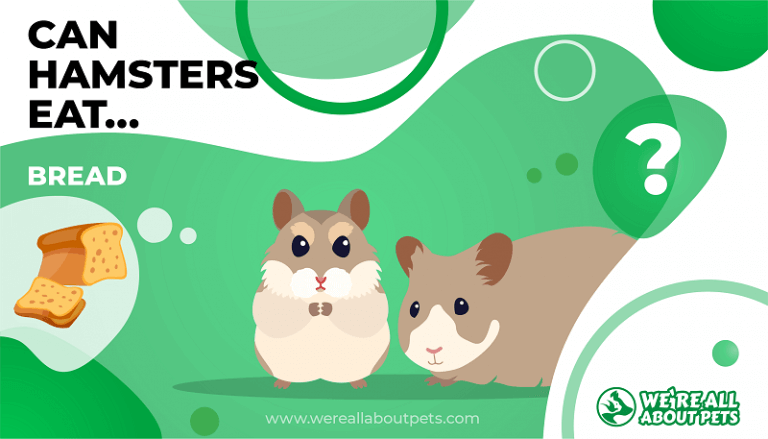Can Hamsters Eat Blueberries?
This page contains affiliate links. We may earn money or products from the companies mentioned in this post through our independently chosen links, which earn us a commission. Learn More
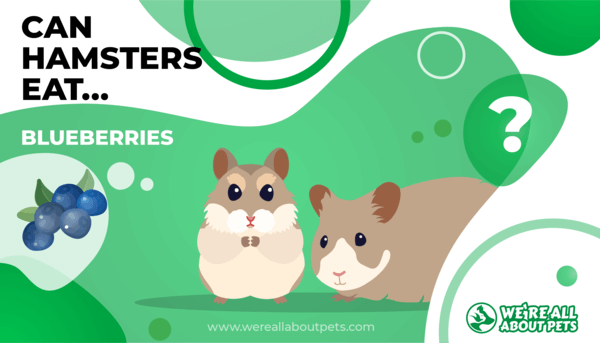
There’s nothing quite like the sweet, juicy taste of fresh blueberries – and as fruits go, these dark berries are among the healthiest!
Good news for your hamster: blueberries are a fantastic treat that’s almost sure to be appreciated.
But how many blueberries should you feed your hamster, and how often can you offer this all-natural treat? Can blueberries make a hamster sick?
Keep reading! Our quick guide contains all the information you need to know about blueberries for hamsters.
Blueberry Nutrition Stats
As fruits go, blueberries are fairly low in sugar and calories, yet they’re very high in important nutrients including antioxidants. They’re a delicious snack that you (and your hamster!) can feel good about eating.
In a one-cup serving of fresh, ripe blueberries, you get approximately:
- 84 calories
- 21 g carbohydrates
- 6 g fiber
- 1 g protein
- .5 g fat
Blueberries Nutritional Facts

It’s amazing how many vitamins and minerals are packed into those tiny little blueberries!
That same one-cup serving offers about:
- 5 mg manganese
- 6 mcg vitamin K
- 4 mg vitamin C
- .1 mg vitamin B6
- .1 mg thiamine
- .8 mg vitamin E
- .1 mg riboflavin
- .1 mg copper
- iron – trace
- magnesium – trace
- phosphorus – trace
- niacin – trace
- zinc – trace
- folate – trace
Can Hamsters Have Blueberries?
How could you say no to such a cute little face? The good news is that when it comes to blueberries, it’s a “yes!”
Your hamster can have blueberries so long as they don’t have any added sugar. Fresh blueberries are best, but all-natural dried ones make a nice treat when the fresh variety isn’t available.
Are Blueberries Good For Hamsters?
Your hamster will thrive on a diet that includes plenty of variety, meaning yes, absolutely! Unless your hamster has diabetes or suffers from obesity, blueberries are a great addition to their menu.
Do Hamsters Like Blueberries?
Hamsters love blueberries! Your pet might take a few moments to try a blueberry the first time it’s offered, particularly if they’re a new addition to your home. Once your hamster learns that these berries are sweet and delicious, they’ll be eager to nibble away.
How Much Blueberry Can A Hamster Eat?
Most of us can eat blueberries by the bowlful – but given a hamster’s tiny size, it makes sense that their serving is a whole lot smaller. Good news though – that means more for you!
Here’s how much blueberry to feed your hamster:
| Age | Amount |
| Baby hamster | None |
| Adult hamster | 1 large blueberry or 2 small blueberries |
Hamsters are very easy pets to care for, but you do need to take time to introduce new foods properly, including blueberries. The reason for this is that any sudden dietary change can lead to problems like indigestion and diarrhea.
If your hamster already eats fruit, go ahead and offer a large blueberry. If this is their first time having anything sweet, give them the smallest blueberry you can, or split a larger berry in half to make sure that they don’t have to much sugar at once.
After your hamster tastes their blueberry, they’re likely to beg for more – but don’t give in just yet. Spend the next 12 hours or so watching for signs of diarrhea or digestive distress. If your hamster is fine, then you can give them another bit of blueberry and next time, you can offer the full serving size.
How Often Can A Hamster Eat Blueberries?
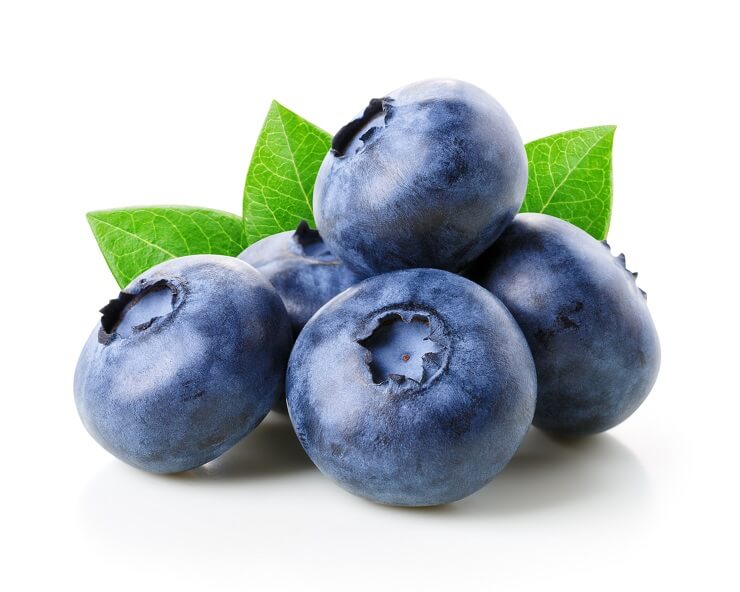
Here’s the tricky part (well, a little tricky, anyway): Your hamster can have a teeny, tiny bit of fruit once a day, but no more than that. So don’t give your pet a blueberry if you’re planning to give them some other kind of fruit like apple or grape, unless you provide an even tinier amount of each one.
There’s a little more to consider the first time you give your hamster blueberry:
- If you’ve had your hamster for a while and they’re already accustomed to fruits and vegetables, it’s fine to give them one blueberry per day. When offering other fruit, make sure you give them a tiny blueberry or half a larger one, so they don’t eat too much sugar at once.
- If you just brought your hamster home and you’re not sure whether they’ve had fresh food in the past, offer a tiny amount of fresh fruit or vegetable once every other day for the first week and gradually increase the amount from there. Remember to watch for diarrhea – it’s a sign that you’re transitioning to fresh food too quickly.
The Correct Diet is Important
While some animals eat pretty much the same thing each and every day, hamsters are omnivores. Their natural diet consists of pretty much whatever they can find including insects, worms, and plenty of different plant material.
Fresh Timothy hay is a very important part of your hamster’s diet. The fiber helps keep their digestive system healthy and the hay makes the ideal material for fun tunneling behavior and cozy nest-making.
Here’s what else to feed your hamster:
- A daily serving of hamster pellets (check the label to determine how much to offer)
- All the clean, fresh water your hamster can drink; be sure to rinse and refill their drinking bottle at least once per day
- Occasional protein treats such as dried mealworms, tiny bits of hard-boiled egg, or even a tiny piece of cooked chicken
- Occasional bits of birdseed – no more than about a teaspoon per week
- Tiny bits of fresh fruit and vegetables
- Chewable treats and hamster toys such as hay cubes, unbleached loofah, untreated softwood, or natural coconut shell, essential for your preventing your hamster’s teeth from becoming overgrown
Since hamsters are hoarders, be sure to feed only as much fresh food as they can eat immediately. Remove any leftovers from your hamster’s habitat to prevent them from adding these to a food cache, where they could spoil, cause mold, and potentially harm your pet’s health.
What are other healthy alternatives to blueberries in a hamster’s diet?
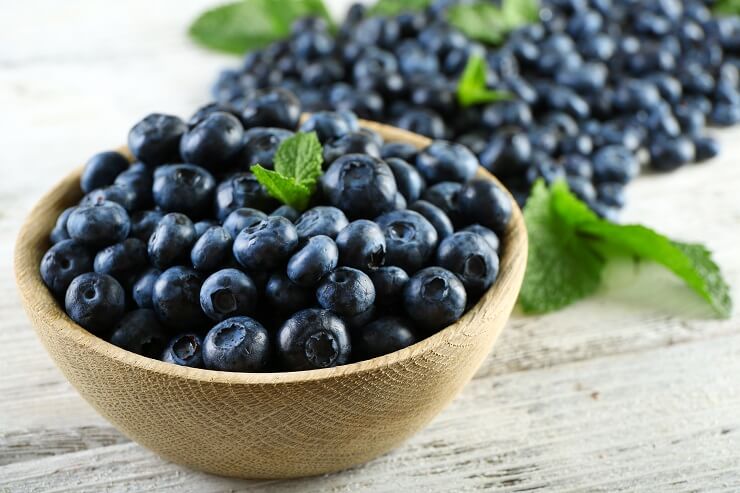
Hamsters love all sorts of food including a wide variety of fruits and vegetables. You’ve got plenty of natural treats to choose from – and your hamster will enjoy all the different flavors.
Try some of these hamster-approved veggies:
- baby corn
- artichoke
- asparagus
- sweet corn
- basil
- cabbage
- parsley
- cilantro
- mint
- carrot
- carrot tops
- potato (cooked only)
- romaine
- beets
- beet tops
- arugula
- rocket
- sprouts
- swiss chard
- endive
- spinach
- escarole
- bibb lettuce
- buttercrunch lettuce
- red lettuce
- cucumber
- celery
- green beans
- winter squash
- summer squash
- bell pepper
- pumpkin
- zucchini
- sweet potato
- parsnip
- broccoli
- broccolini
- tomato
- okra
- yu choy
- bok choy
- cauliflower
- watercress
Since the world is brimming with fresh fruits and veggies of all kinds and many of them are great for your hamster, this is only a partial list!
Remember to research new foods (even the ones listed here) to find out how much to offer and learn more about safety.
Giving your hamster blueberries (just one or two at once!) is a wonderful way to show affection while making their diet tastier and more interesting.
Frequently Asked Questions
Are blueberries safe for hamsters?
Yes! It’s perfectly safe to give a hamster blueberries. Just remember our advice about introducing new foods gradually.
Can blueberries make my hamster sick?
Blueberries might give your hamster diarrhea if they’re not used to eating fresh foods, or if you feed too many at once. Keep in mind that a diet high in sugar can cause obesity and might even give your hamster diabetes. Moderation is the key to success when giving a hamster blueberry treats.






